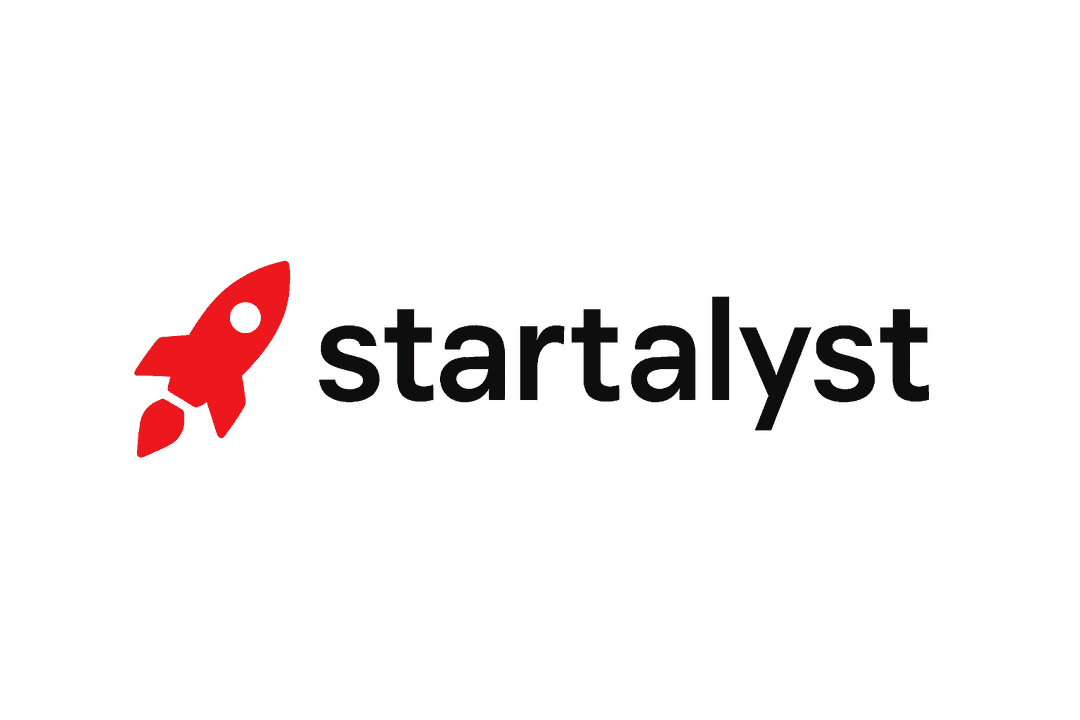Small Food Business Ideas Starter Guide
How to Get the Best Results
Start with what you already do well and pick one simple product to sell. small food business ideas succeed fastest when you limit the menu, nail the packaging, and test at one sales channel like a farmers market or office delivery route.
Focus on repeat customers and profitable units rather than fancy branding at first. Track ingredient cost per portion, delivery time, and a clear reorder option so you can scale the idea that actually sells.
Step 1 — Who are you?
Briefly identify your background so you can match a small food business idea that fits your skills and daily reality.
- Home baker with weekend market experience — artisanal baking — You can launch a weekend stall selling signature pastries with low upfront equipment needs.
- Office worker who cooks family meals — meal prepping — You can package weekly lunches for local offices with predictable demand.
- Former restaurant line cook — batch cooking — You can produce consistent frozen dinners for pickup or subscription orders.
- Gardener who grows herbs and vegetables — foraging and sourcing — You can create seasonal preserves and small-batch condiments that highlight local produce.
- Dietary coach or nutrition student — specialty diets — You can design gluten free or keto meal boxes that address underserved local needs.
- Coffee enthusiast who learned latte art — beverage crafting — You can set up pop-up cold brew or specialty coffee services for events and markets.
- Parent used to making pet treats — small-batch recipes — You can sell preservative-free dog biscuits at community events and online.
Step 2 — Add interests & skills
Select the interests or skills you enjoy and that map to realistic small food business ideas.
- Canning You can turn surplus fruit into attractive jars of jam and chutney for direct sales.
- Fermentation You can offer small-batch kimchi or sour pickles that command higher margins at specialty markets.
- Food photography You can present simple products online in a way that increases preorders and delivery sales.
- Label design You can create distinctive packaging that makes condiment jars stand out on a crowded table.
- Budgeting You can set prices that cover labor and delivery while still being competitive for small food business ideas.
- Catering basics You can start with micro-catering for small events where one cook can manage the whole job.
- Online ordering You can accept preorders to reduce waste and smooth production cycles for weekly meal boxes.
- Spice blending You can design signature rubs or seasoning mixes as low-perishability add-ons.
- Food safety You can confidently pass local inspections and reassure customers when selling prepared foods.
- Batch freezing You can sell frozen ready-to-reheat meals that extend shelf life and broaden distribution options.
- Event pop-ups You can test different products quickly and gather direct customer feedback at markets.
- Subscription planning You can create a predictable revenue stream by offering weekly or monthly boxes.
Step 3 — Set available capital
Decide how much you can invest up front; each budget bracket supports different realistic small food business ideas and launch tactics.
- ≤$200 You can begin with baked goods to order, simple preserves, or a small pickup menu, leveraging home equipment and selling at markets or via social media.
- $200–$1000 You can buy a commercial mixer, basic branding, and packaging to scale farmers market sales or start a small delivery route.
- $1000+ You can invest in a certified kitchen rental, a compact food trailer or popup setup, and initial inventory for wholesale or recurring subscription customers.
Step 4 — Choose weekly hours
Match the hours you can consistently commit to the type of small food business ideas you prefer.
- Mornings (4–8 hrs) You can bake and deliver breakfast items or coffees to workplaces with predictable early demand.
- Evenings (6–12 hrs) You can prepare dinner meal kits for pickup and manage packaging after a daytime job.
- Weekends only (8–16 hrs) You can run a farmers market stall or weekend popup while keeping weekday responsibilities.
Interpreting your results
- Combine your background, skills, budget, and weekly hours to shortlist two or three small food business ideas rather than attempting everything at once.
- Prioritize ideas that require little additional equipment and match your available hours so you can deliver quality consistently.
- Run a short validation: make 20 units, sell them at one market or to a local office, and record cost, time, and customer reactions.
- Use the feedback to iterate packaging, pricing, and portion sizes before investing more capital or expanding channels.
Use the generator above to mix your profile, skills, budget, and hours into a focused list of practical small food business ideas you can test this month.
